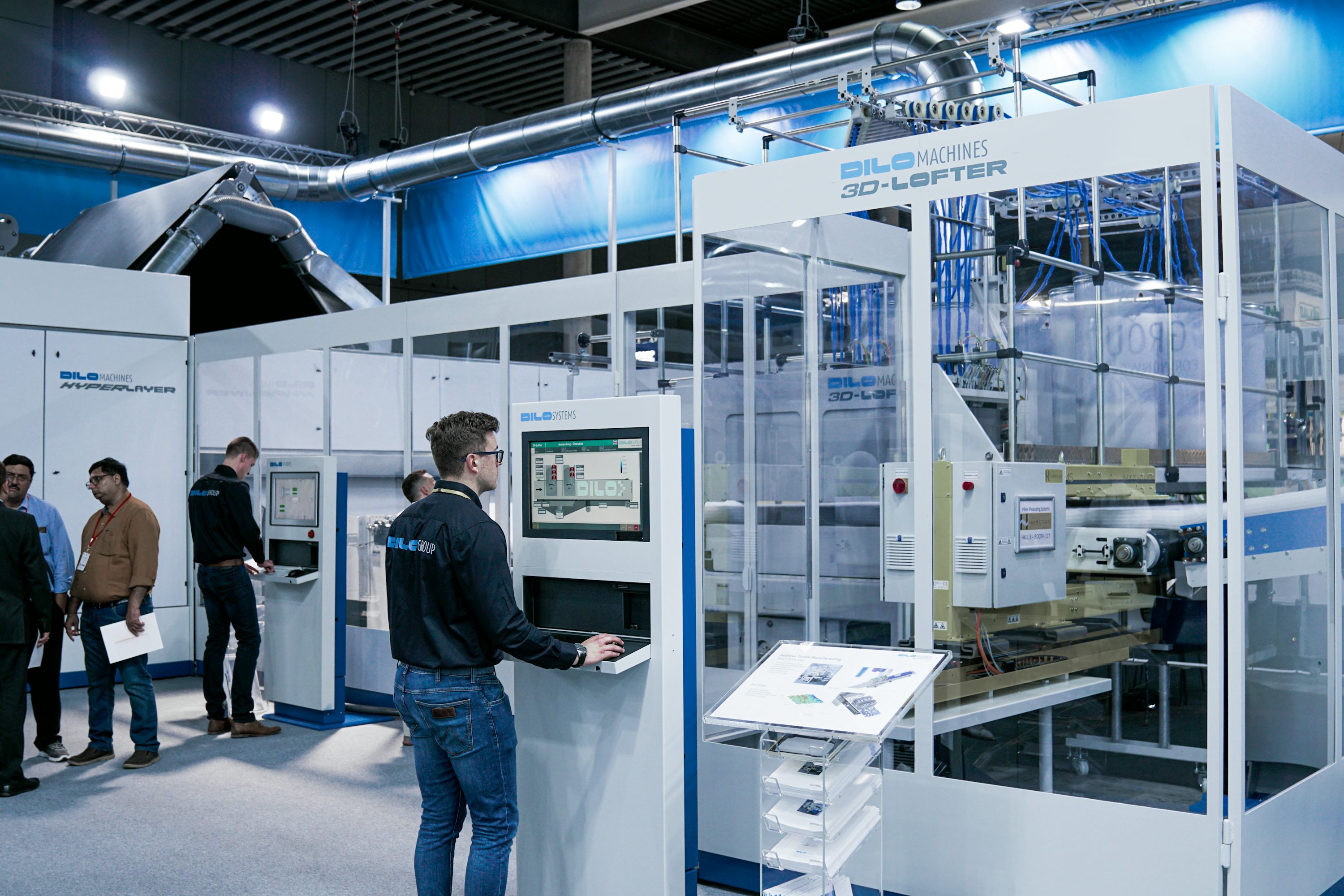In today's fast-developing business world, science and technology companies are like bright new stars, constantly promoting the changes of industry and society with their innovative thinking and cutting-edge technology. However, on the road of dreaming ahead, they are facing many risks and challenges, and insurance is becoming a key force to help technology companies develop steadily.

The core competitiveness of technology companies often lies in their R&D projects. From the optimization of artificial intelligence algorithm, to the research and development of biomedical new drugs, and then to the breakthrough of new energy technology, these projects usually need to invest a lot of money, time and manpower, and face many uncertainties. Accidental damage to R&D equipment and accidental disability or death of key technicians may lead to the interruption or even failure of the project and bring huge economic losses to the company. At this time, R&D-related insurance products, such as R&D interruption insurance and key personnel insurance, can provide powerful economic compensation for technology companies, ensure that companies can quickly resume R&D work, reduce the risk of project failure, protect the company's continuous investment in technological innovation, and maintain its leading position in market competition.
After the products are introduced to the market, technology companies are also facing risks. For example, a technology company that produces smart home equipment may have security risks caused by software vulnerabilities or hardware defects, which may cause property losses or personal injuries to consumers. At this point, the role of product liability insurance will be highlighted. In the event of such incidents, insurance companies will be liable for compensation, reduce the economic burden of technology companies, safeguard the company's reputation and brand image, enhance consumers' trust in products, and pave the way for product market expansion.

In addition, technology companies are also inseparable from various types of insurance in their daily operations. For example, property insurance can protect the company's office space, production equipment and other assets from fire, theft and other accidents; Employer's liability insurance provides protection for employees, avoids the company from facing huge compensation in accidents such as employees' work injuries, and ensures the stable operation of the company.
More importantly, insurance can also provide financing support for technology companies. When seeking capital investment, technology companies with perfect insurance protection are often more attractive. Financial institutions such as venture capital institutions and banks tend to invest in enterprises that can effectively manage risks, and the existence of insurance is a strong proof of the ability of enterprise risk management and control. Through insurance, technology companies can show their responses to potential risks to financial institutions, thus increasing the chances of obtaining financing and providing financial power for the company's business expansion and innovative development.

In a word, insurance and the development of technology companies are closely linked and promote each other. It is not only a shield for technology companies to cope with risks, but also a solid backing for them to move forward steadily and achieve innovation and breakthrough in fierce competition. With the continuous development of the technology industry, insurance products will be continuously optimized and innovated, providing more comprehensive and accurate risk protection for technology companies, jointly promoting the prosperity and progress of technology and shaping a better future.


